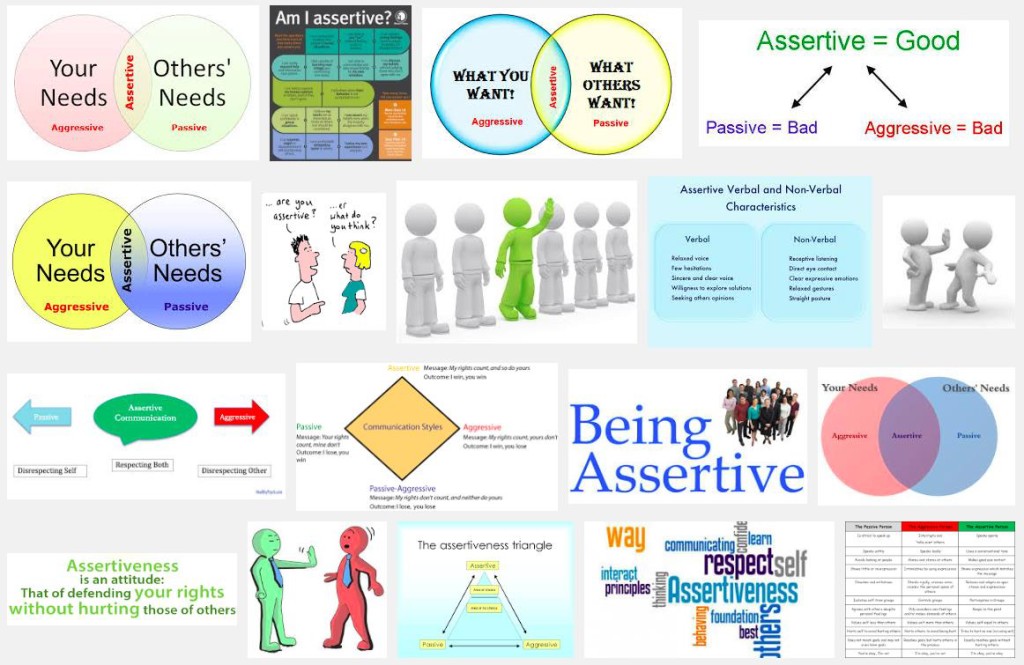“Call the hotline and let them know what’s happening,” we advised the young lady in one of our workshops who was experiencing workplace bullying by her manager. We even consulted a lawyer and found the right person for her to speak to.
“I can’t,” she replied, “I’ll just resign instead.”
– – – – – – – – –
“It’s like being an abused wife,” lamented the young man who was being victimized by his dictatorial boss. “I’m afraid to speak up and I’m afraid to quit.”
– – – – – – – – –

We did an online search for the word “Assertiveness”. Above is the first page of results we got.
“Stand up for your rights” …
“Respect yourself” …
“Make your needs known” …
These are some of the more common slogans that popped up in the search. They make sense. We readily give mental assent to the truth of these statements.
But, many still don’t heed the advice!!! The young lady in the earlier example indeed left her job. The young man is still in his difficult situation a year later. The question is, “Why?”
At the risk of generalization, perhaps we fail to consider how a western rhetoric of assertiveness truly plays out in an Asian context where traditional values run deep. We caricature people, countries, cultures … but the reality is culture exists on a continuum.

Traditional Asian values tend to advocate harmony and order. Harmony and order, in turn, are defined as each strata of society plays its part in obedience and submission; individualism is typically frowned upon and the whole is valued more than the individual.
The bottom-line is that as much as a ‘Western’-style ‘speak up for your rights’ assertiveness is acceded to, it is still incredibly difficult for much of Asian culture steeped in traditional values to do so.
Needed: An Asian-style Assertiveness that captures the essence of ‘speaking up’while honouring our Asian values. We will explore this in our November blogs. Stay tuned …
